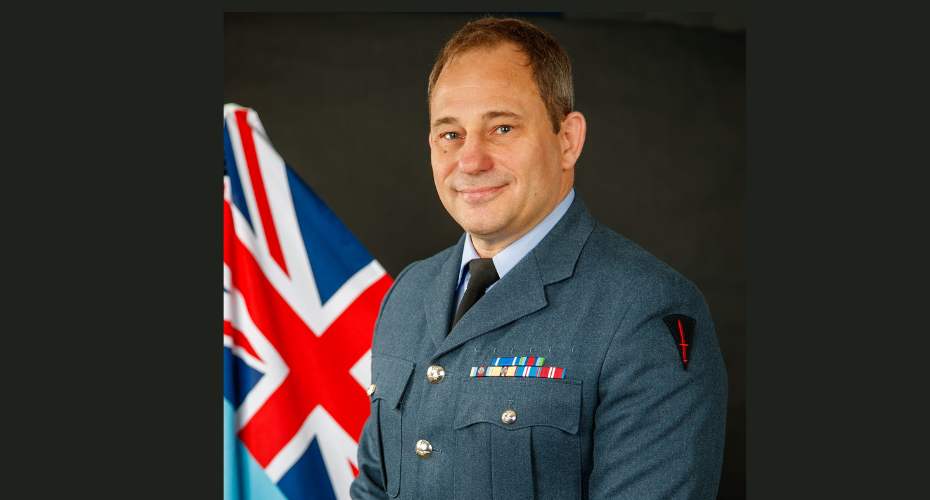- Excellence in decision-making.
- Effective team building.
- Professionalism in leadership.
- Character reliability under stress.
- Behaviours that respect others.
- Making practical sense of values and standards.
- Opportunities and risks offered by AI technologies.
- Protecting against moral injury and promoting moral health.
- Questioning and using traditional just war theory.
- Having a warrior code.
- Interrogating tensions between ethics and law.
- Gaining clarity about core moral principles.
- Exercising virtue.
Military ethics is all of the above, and more. This richly diverse field of studies ranges from high-level strategic questions about what rises to the level of an armed attack under international law, through operational challenges about how to deploy personnel, to tactical questions regarding particular uses of force.
Ethical challenges run across defence, security and resilience. Military personnel, and other relevant decision-makers must be equipped to make the best available choices in the face of strategic and operational questions about new defence technologies, sub-threshold hostile action by (potential) adversaries, challenging personnel behaviours, etc. To support your personal development and skill set, the Strategic Study Institute (SSI) has access to world-leading research across: human performance, ethics, governance and the law; homeland security; geopolitics; technological advantage; chemical, biological, radiation and nuclear protection; physical, climate risk, and more.
Together, we ask the tough questions and consider what ethical approaches are adequate for changing security environment(s). No one has all the answers. But the SSI takes seriously the ethical dimensions of military and related decision-making, and we look forward to working with you.
Professor Esther D. Reed works in military ethics. Research interests include evolutions in just war reasoning for changing threat environments, new weapons technologies and accountability for the taking of human life, deterrence, just and prudent responses to adversary hostilities below the threshold of war, religious teachings about war and peace, virtue ethics, ethical decision-making, ethical leadership, ethical teaming, human-machine teaming, the ethics of institutions. She is also working currently at the interface between military ethics and moral injury, and on the ethics of weapons control.
Publications include articles on militarised humanitarian intervention and targeted killings, natural law reasoning, and theological perspectives on the ethics of territorial borders.
She has monographs on Theology for International Law and The Limits of Responsibility: Engaging Dietrich Bonhoeffer in a Globalizing Era, and co-edited a collection on Civil Liberties, National Security and Prospects for Consensus: Legal, Philosophical and Religious Perspectives.
Recent publications are 'Accountability for the Taking of Human Life with LAWS in War', Ethics & International Affairs 2023;37(3); ‘On Limited Force: Prudence Below the Threshold of War’, Studies in Christian Ethics, forthcoming.
Esther has lead-supervised 16+ research students to successful completion of MbyRes/MPhil/PhD theses. She has collaborated with military personnel/organisations and the mining sector.








.jpg)







